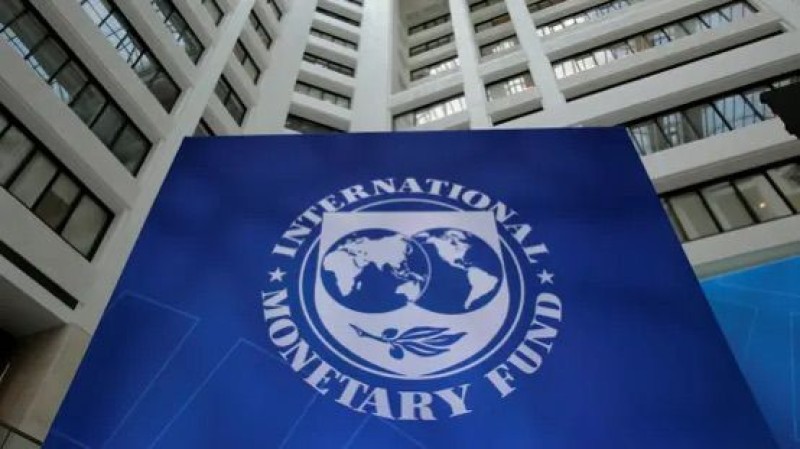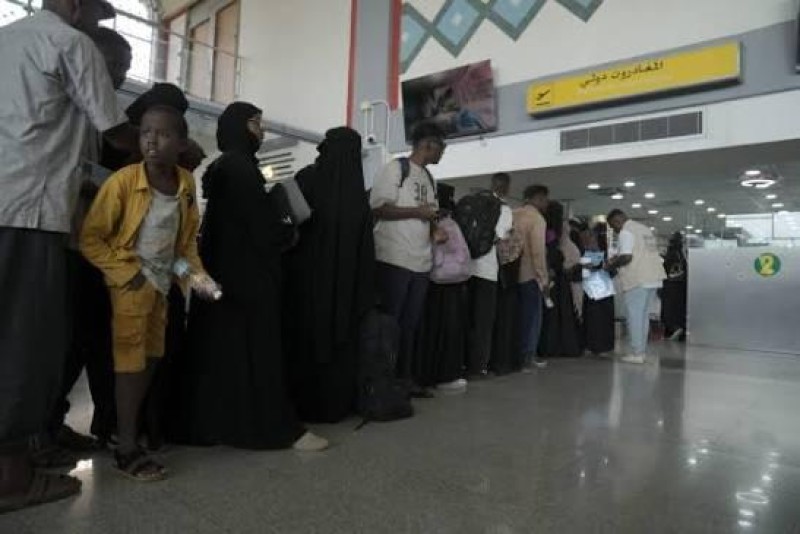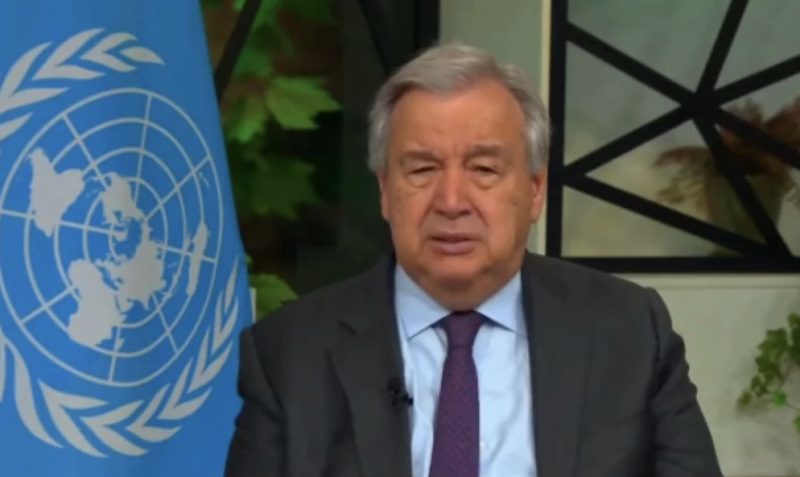Saudi royal priorities


he royal family has also increased military and security expenditures. In March 2011, Abdullah created 60,000 new security jobs primarily to enhance security at key government installations. Spending on arms imports remains high. With the Royal Saudi Air Force engaged against the Islamic State, operational costs will go up.
Abdullah's decision to keep spending at all-time highs reflects the House of Saud's conviction that the greatest danger to its survival is at home from disaffected citizens. The Saudis are much more worried about internal unrest than most outside observers — of course the royals know more about internal stresses than most outsiders. With the king and Crown Prince Salman in poor health, this is not the time for social disorder or risky experiments in political reform. Not opening the door for women to drive is one reflection of the conservative mind-set.
Since 2011, Saudi expenditures abroad have gone up as well. The kingdom is keeping friendly fellow monarchs in Bahrain and Jordan in power with hefty subsidies. The military regime in Egypt is a very expensive ally. Pakistan is another major recipient of Saudi largesse. Yemen is the most immediate crisis. With the Houthi takeover of Sanaa, the kingdom faces a longstanding enemy now dominant on its southwest border. While the kingdom has cut aid to the Zaydi-controlled government, it must increase spending to Sunnis who will resist the Houthis. It may have to fight another border war with the Houthi enemy. One senior Saudi official told me privately that the kingdom spent $30 billion in 2014 propping up its friends — not counting the costs of the wars in Syria and Iraq where Riyadh funds friendly Sunni groups.
Given the size of its reserves the kingdom can run a large deficit much better than its rival Iran. Riyadh has the luxury of waiting for oil prices to revive. For now the priority is keeping the domestic situation quiet and keeping other autocrats in power abroad.

WASHINGTON — The United States stated that the International Monetary Fund (IMF) will move to suspend its activities in Yemen once again, cit…

Aden — The United Nations High Commissioner for Refugees (UNHCR) has announced that it facilitated the return of nearly 1,000 Somali refugees…

New York — United Nations Secretary-General António Guterres has expressed his “deep concern” over the continued arbitrary…